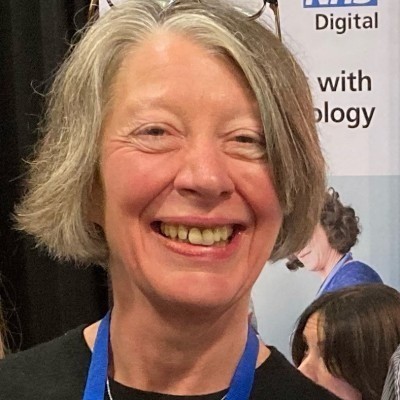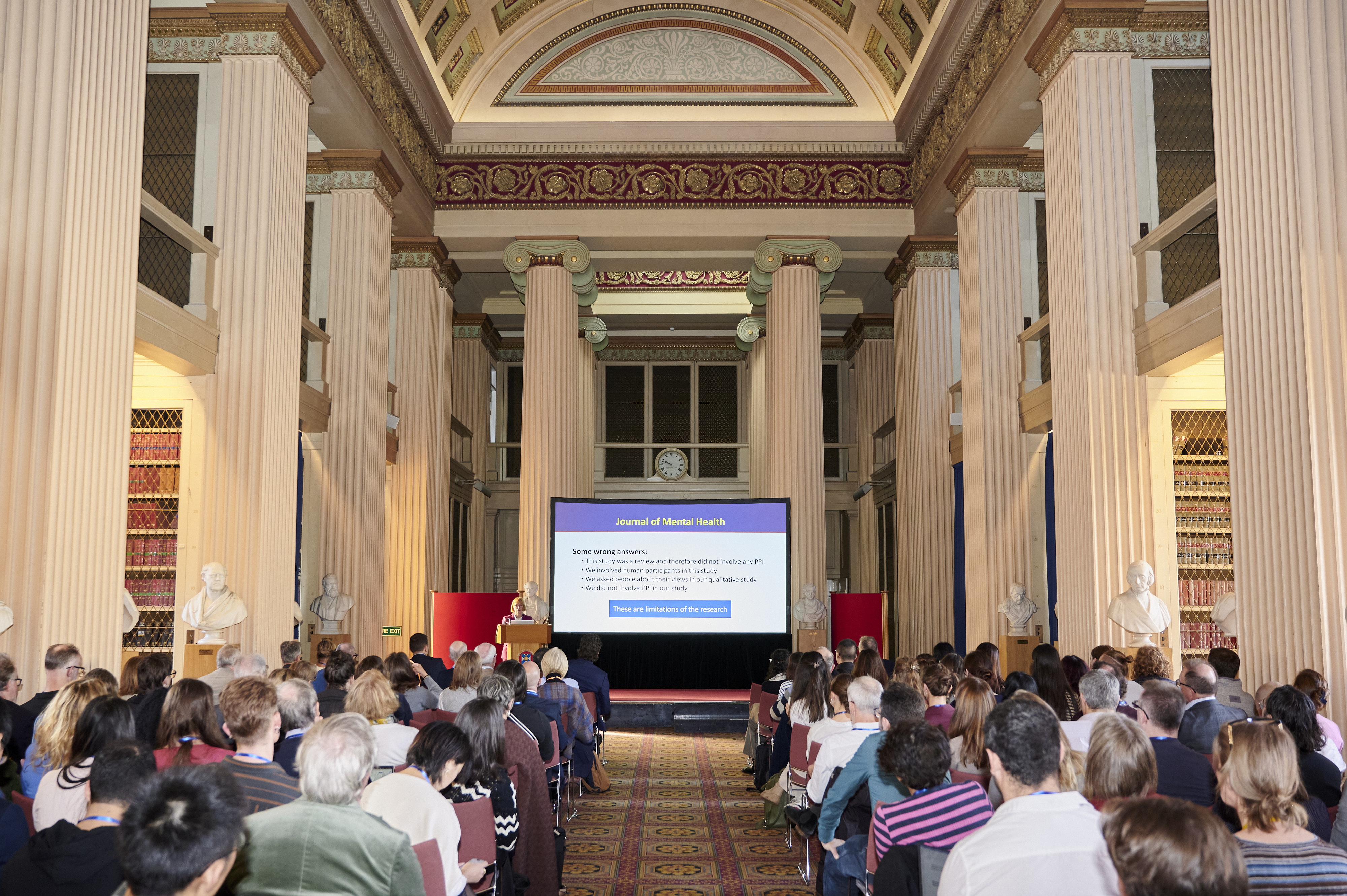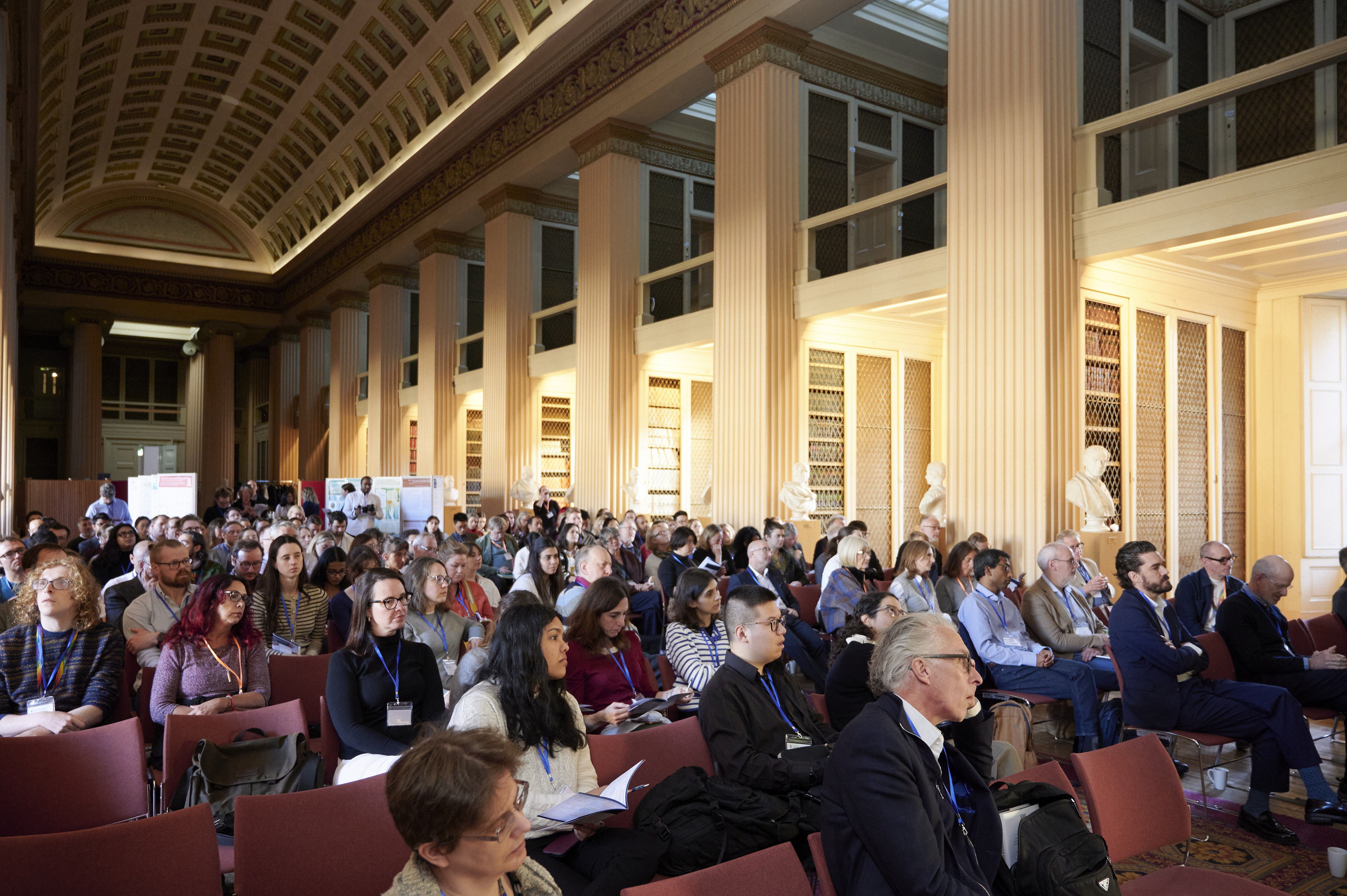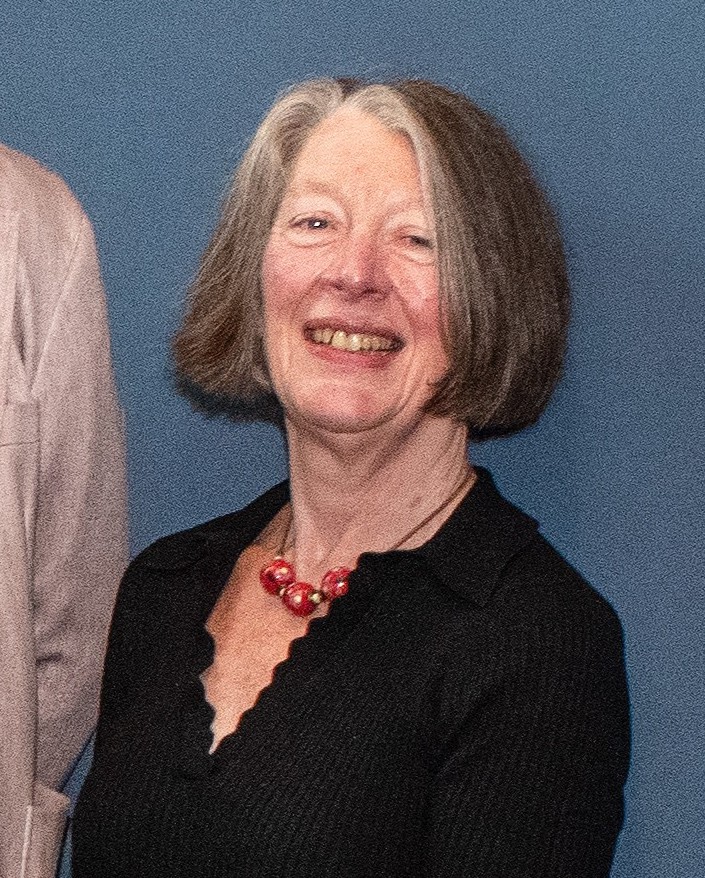
Author name:
Susannah Strong
Institution name: Mental Health Platform
Susannah Strong is PPIE coordinator for the MHP. Picking up where Vanessa Pinfold’s blog Lived experience at the heart closes, Susannah tells us about the work which the MHP Steering Group has achieved during it’s first year.
Headline illustration by Carina, Steering Group member.
Acronyms: MHP Mental Health Platform; PPIE patient and public involvement and engagement; PWLE people with lived experience [of severe mental illness].
The MHP PPIE steering group includes representatives from each of the six Hubs. And they bring with them a wealth of expertise, skills and capabilities, as well as the lived experience they all share. The group includes a former city trader, a high-flying marketing professional, several academics and at least two talented visual artists.
The Steering Group meets quarterly but members are always busy with a raft of activities as members of their individual hubs.
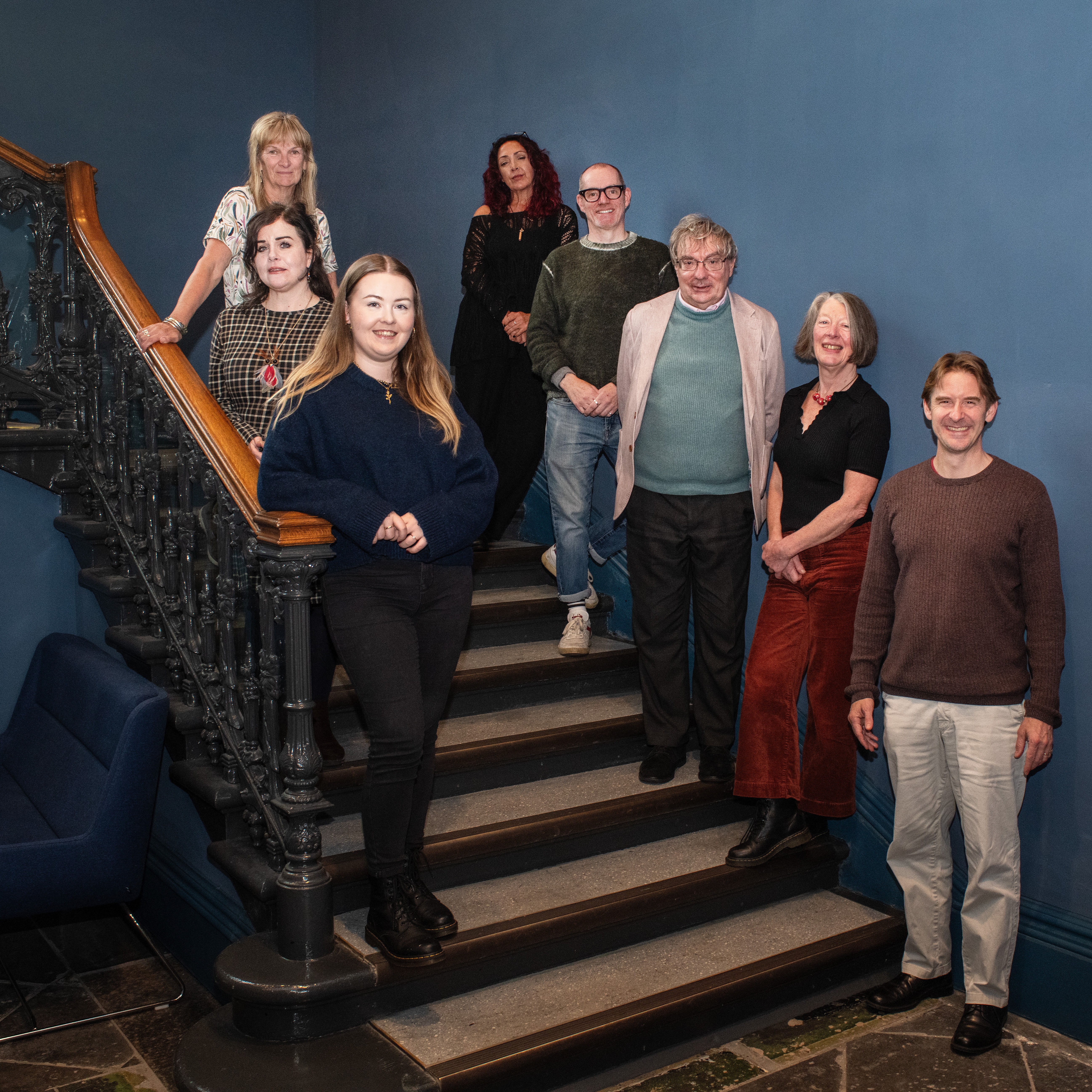
The Group’s objective is to monitor how lived experience is influencing and shaping the work of the Hubs and the platform as a whole. Like everyone involved in the platform, the Steering Group wants to see better outcomes for people with lived experience, and believes that authentic partnership is the way to achieve this.
The Steering Group regularly generates smaller working groups focused on particular short-term projects. For example, we’ve had members sitting on scientific review panels, presenting at events and writing blogs.
Coming up next on the Steering Group calendar are the PPIE awards. This is a truly innovative initiative which will enable lived experience members of the MHP and the Hubs to apply for grants of between £2k and £20k to design and co-lead a project of their choice.
Ahead of the MHP Research summit in October 2025, one of our working groups groups planned an afternoon of lived experience activities and an impact and evaluation session where we used “Ripple Mapping” as an innovative way of approaching long term evaluation of the group’s impact over the life of the MHP. The session was led by a steering group member.
Ripple mapping involves the largest roll of paper you have ever seen, a time line (in this case the Platform’s inception) coloured pens, stickers and people.
Everyone added in their thoughts on the key achievements. People expressed their thoughts in words, pictures, stickers and illustrations (so much more satisfying than Excel) and so founded the baseline for our work to come. We’re planning to publish the results of our work in an academic journal, and in an accessible, creative format too.
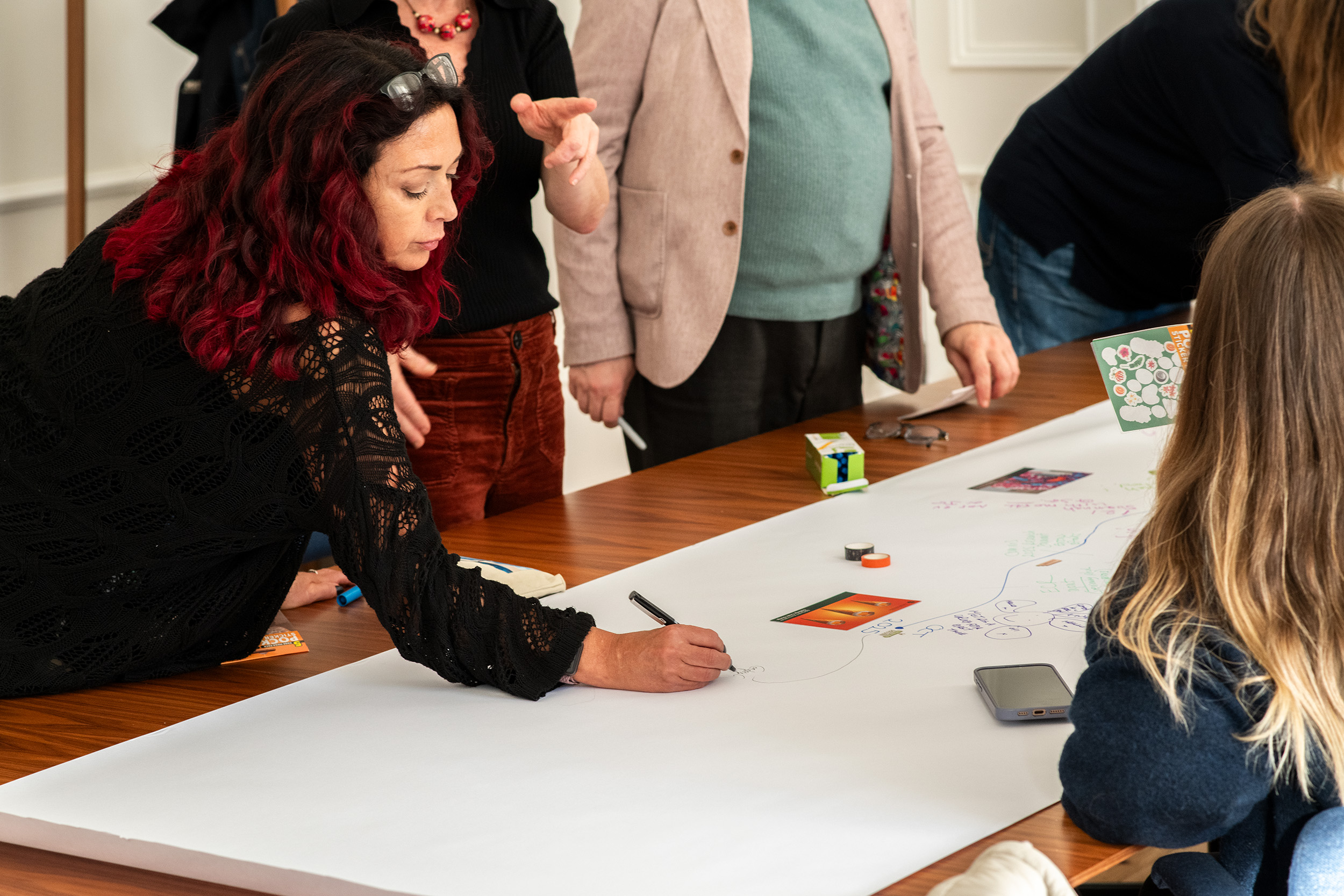
At the MHP Research Summit, the Steering group co-chaired and took part in all the day’s events culminating with a parallel session called The Power of Lived Experience session. The session was chaired by Vanessa Pinfold from McPin who introduced four members of the Steering Group. They each talked frankly about how their lived experience has shaped their professional lives and how they believe their narratives can benefit mental health research.
The audience was clearly moved by the bravery the panel demonstrated in in telling their own stories. But what was also apparent was the level of positivity shown by the panel. One panel member said “When you see the world respond to what you have to say, you think ‘This has to mean there will be less suffering in the world. And that’s pretty cool". Another panel member remembered how anxious she was talking at her first event – she now speaks internationally about her lived experience.
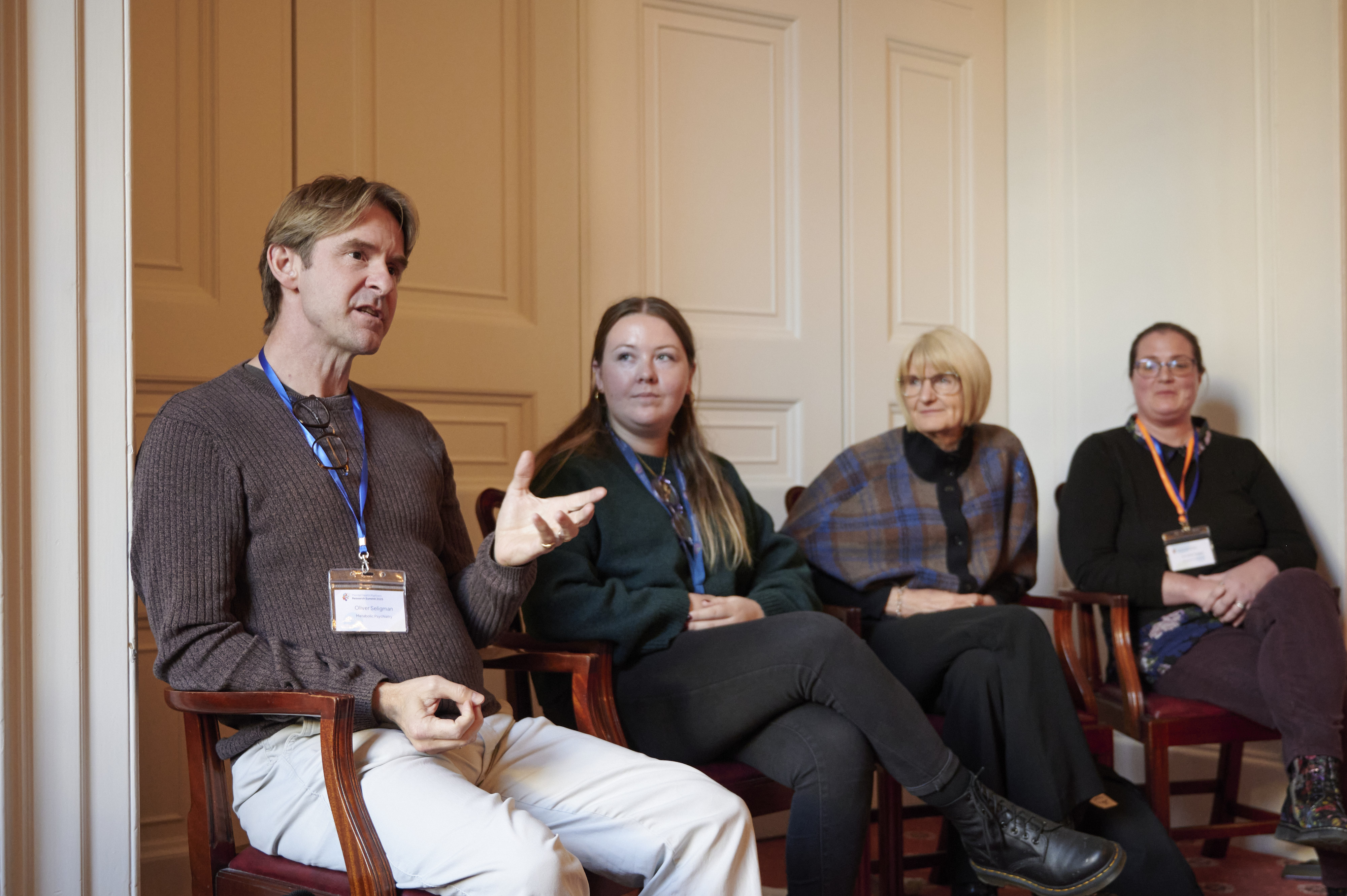
We believe that Lived experience makes research better. It is what brings research to life. What can be lacking in academic presentations is the “Why?”, the human element, the person - not the cohort.
We believe that over the life of the platform, this partnership will lead to better mental health outcomes for all.
I have worked with people who have lived experience of mental ill health all my life. Both my brilliant, creative parents experienced it. As medical people, they were professionals at a time when stigma precluded any conversation about their health or the often-blunt edged treatments they received when in crisis.
I started my career as a campaign journalist in the 1980s, and at a time when mental health care was often described as the ‘Cinderella’ service because of the lack of resources dedicated to it. At a time when the big ‘mental’ hospitals were closing and community care beginning, there was a lot of stigma about mental illness exacerbated by a hostile media which associated it with danger and violence.
Fast forward 40 years! Back in March 2025, my interview for the role of MHP PPIE coordinator coincided – literally – with my release from hospital following major surgery. I have very little memory of the interview (thanks to the meds) but I must have said something right. I came (fully recovered) into post May as PPIE coordinator for the Platform’s PPIE steering group.
I have to admit that I expected academia to be a rather sedate affair full of grey-haired professors and possibly the odd test tube full of fizzy green liquid. I didn’t expect it expect it to be the fast paced, cutting edge, creative dynamo of ideas and productivity that is the Mental Health Platform.
